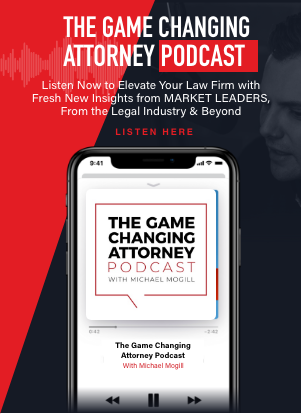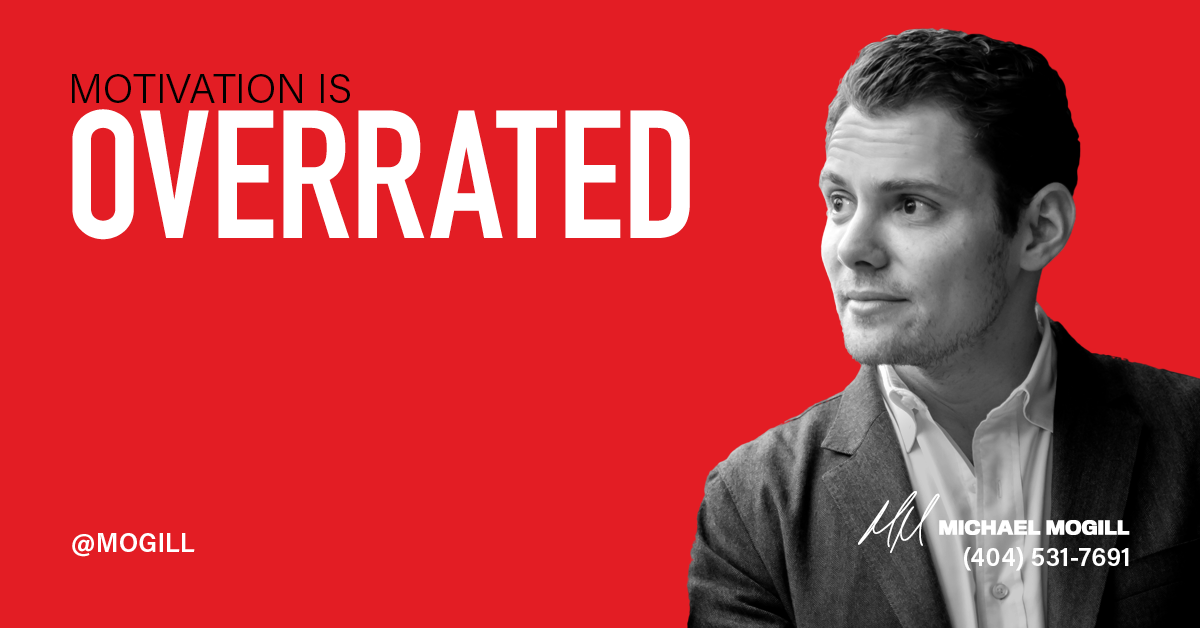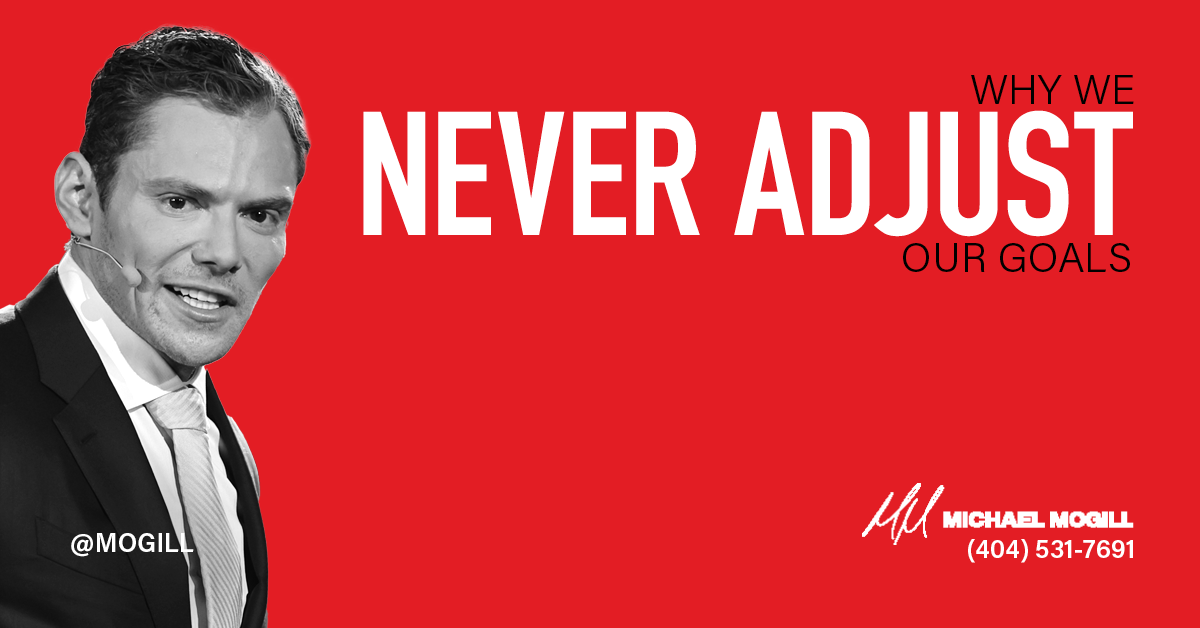If you assume that all people are motivated by the same things, you’re going to be wrong.
Some people are motivated by money. Some people are motivated by recognition. Some people are motivated by status. Some people are motivated by titles. It varies by person, and the best way to figure out what motivates someone is to just ask them.
I remember years ago, I had a great idea to incentivize our sales team. This was right when AirPods came out. I got myself a pair of AirPods, and I thought these were the coolest things ever. I met with the sales team and I said, “If we exceed our targets this week, everybody gets a pair of AirPods.”
I thought the team would be ecstatic because AirPods were extremely popular at the time…
They did not care. They did not respond.
At first, I asked, “Do you guys not know what AirPods are?”
They were like, “No, we know what AirPods are.”
“Oh, you don’t want AirPods?”
“It’s okay. It’d be kind of nice.”
And I was like, “Why aren’t they excited? What are these entitled people? They don’t want a pair of AirPods!”
As it turned out, they wanted different things.
For example, I asked one of those sales team members what she wanted. She said she would love a pair of Lululemon leggings. I asked if that would get her excited, and she said absolutely. The leggings were cheaper than the AirPods. I was like, “Done. We can make that happen.”
Somebody else wanted a camping trip. Somebody else wanted to get their car washed. Another person didn’t want any of those things. They just wanted recognition. That’s all. They weren’t even motivated by money.
I realized that I have no idea what motivates somebody.
You can’t assume what’s going to motivate somebody, because different things excite different people — and the best way to know is to ask.
So we have every team member complete what we call a “celebration survey” when they join the team. They outline what is a gift that they would love at different price points ($10, $50, $150, $500, and $1,000).
Now we know those things, and they’re different for each person. They can choose what is exciting to them.
Then, when they do something exceptional, we can pull up their celebration survey and then we know exactly what it is that they want. Maybe they want Tumi luggage. Maybe they want a day of PTO. Maybe they want something else.
We don’t have to assume anymore. We can really look at and know exactly this person wants, and as a result, we can meet them where there, motivating and rewearding them in a meaningful way.








